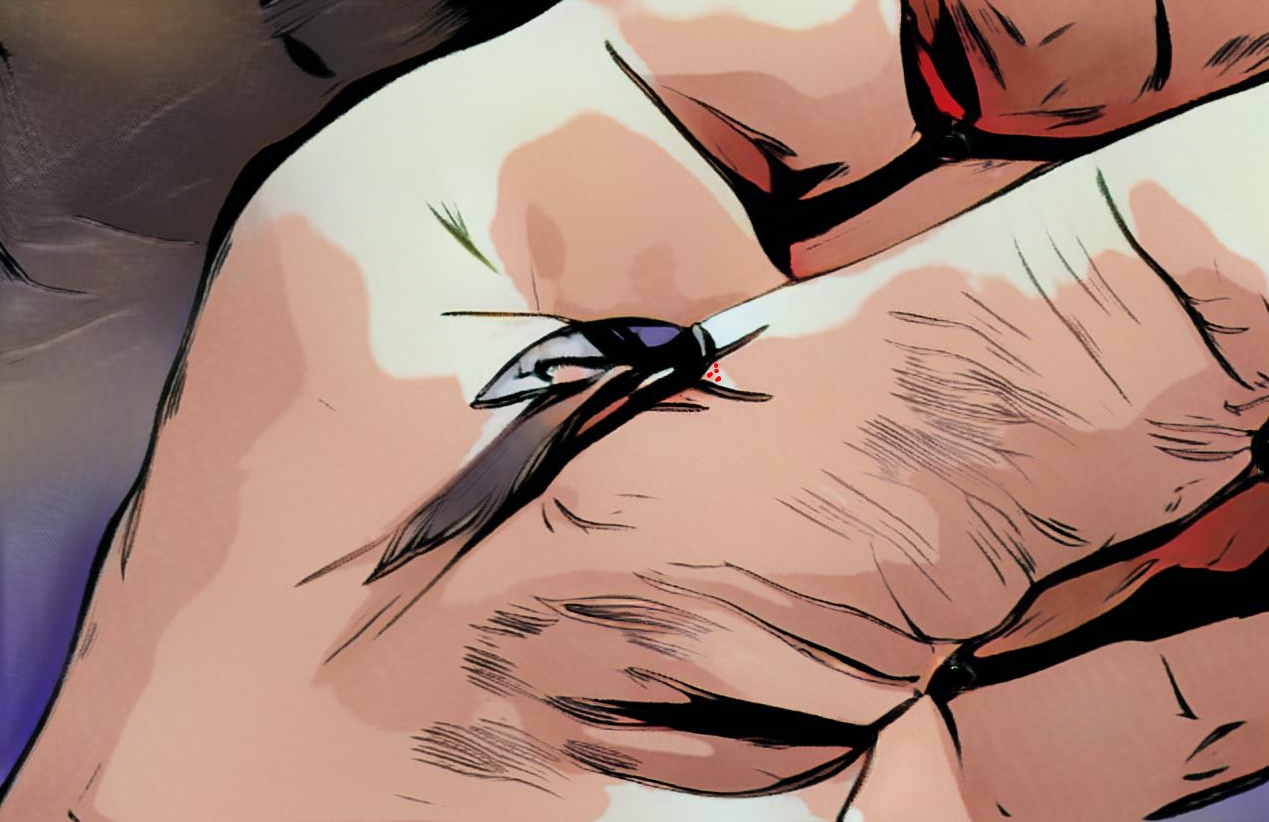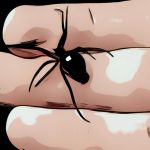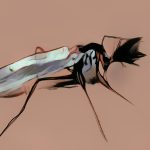If you’ve ever been a horsefly bitten, then you know that horseflies are one of the most annoying bugs on earth. This article will provide horsefly bite treatment tips to help you get relief from the pain and swelling caused by horsefly bites. Horseflies can cause much discomfort because they inject their saliva into your skin when they feed. We’ll discuss how to treat horsefly bites so that it doesn’t feel like your whole body is on fire!
| Action | Explanation |
|---|---|
| Clean the bite area | Use soap and water to clean the area around the bite to prevent infection. |
| Apply ice | Place an ice pack on the bite to reduce swelling and itching. |
| Use antihistamines | Take an over-the-counter antihistamine to reduce itching and swelling. |
| Avoid scratching | Scratching the bite can cause further irritation and increase the risk of infection. |
| Monitor for signs of infection | Look for signs of infection such as redness, swelling, and warmth around the bite. If these symptoms appear, seek medical attention. |
| Use repellents | Use insect repellents to prevent horsefly bites in the future. |
What is a Horsefly Bite
Contents
Horseflies are one of the most annoying bugs on earth. They can cause horsefly bites when horseflies inject their saliva into your skin while they feed. Horsefly bites can be bothersome because horseflies don’t discriminate between people and other animals; therefore, horsefly bites are generally not welcome! This article will provide horsefly bite treatment tips to help you get relief from the pain and swelling caused by horsefly bites. Horseflies can also spread diseases like West Nile Virus – so it’s essential to protect yourself against them!
How to Identify a Horsefly Bite
Horseflies are giant, horse-like insects that feed on the blood of animals and humans. They attack with a painful bite. Horsefly bites can be identified by an itchy red spot surrounded by swelling and a horsefly’s distinctive blackish coloration with yellow stripes. Horseflies only live in specific habitats such as wetlands or grassy fields, so if you see horseflies near your home or out in nature, head indoors to avoid their irritating bites.
Symptoms of a Horsefly Bite
It is likely horsefly bites are the reason for your horse’s swollen, painful-looking leg. If you’ve been bitten by a horsefly, then you might be feeling the same symptoms. These flying pests are drawn to horses because they excrete an odor similar to blood, which attracts horseflies and other biting insects. Horseflies also lay their eggs in moist soil near rivers or streams where they can hatch into larvae, eventually turning into horseflies once they emerge from the ground during wet weather.
The bite itself isn’t usually harmful to humans, but it does itch like crazy! Since these bites are so common on horses due to their size and high concentration of sweat glands–which attract flies–you should know how to treat them.
Symptoms of a horsefly bite are:
- immediate, intense itching
- swelling and redness around the bite site
- pain at the bite site
- blistering may occur in severe cases
If you experience any of these symptoms, rinse the area with soap and cool water, then apply an ice pack to help reduce swelling. You can also take an over-the-counter antihistamine to relieve itchiness. If the bite becomes severely inflamed or infected, seek medical attention.
Treatment for a Horsefly Bite
It’s not fun to get horsefly bites. They hurt, and they itch, and you can’t do much about either one of them until the horsefly is gone. Luckily some things may help ease the pain a little bit while you wait for your horsefly problem to solve itself. The first thing you should try is scalding hot water or a warm compress on the bite area if it’s available, but this really only helps with itching.
For pain relief from horseflies, here are five remedies you might want to try:
- take an over-the-counter nonsteroidal anti-inflammatory medication such as ibuprofen;
- apply a cool compress or ice pack wrapped in a cloth or towel to the horsefly bite area;
- apply calamine lotion to the horsefly bite area;
- soak in a cool bath with Epsom salts (magnesium sulfate); or
- take an oral antihistamine.
- You should also stop any activity that will cause you to sweat since perspiration can irritate horsefly bites and make them itch more than they would otherwise.
Prevention of Future Bites
Some horseflies bite people for blood, while some horseflies feed on plants. Horseflies are most active between 5 am and 9 pm in warmer months. The horsefly’s mouth is a long snout that it inserts into its victim to suck up their fluids or juices. They can be annoying pests that often come out when outdoor activities are at their height during the summer months. Some horseflies will only bite humans, while others prefer livestock and pets.
A horsefly will typically leave a red welt after biting a person, which may itch and become swollen with time from the injection of saliva from the horsefly’s mouthparts into your skin. To prevent future bites, you can use insect repellent or avoid horsefly-infested areas. You should also wear long pants and sleeves to limit your horsefly exposure, especially if you are near water or wooded area where horseflies can be found.
What to do if You Get Bitten by One Again
Horseflies are not just a nuisance when they bite you but can also transmit horsefly fever and other diseases. The horse fly’s saliva is toxic to humans, and their bites have been known to cause skin ulcers or lesions. Horseflies feed on the blood of mammals, reptiles, amphibians, and even fish. They usually attack people sweating profusely, wearing dark clothes, or sitting still for long periods in shady areas. If you have been bitten by a horsefly before, you must know how to deal with this painful situation.
Here are some steps that will help:
- Immediately wash the area where the horsefly bit with soap and water;
- Apply an ice pack over the bite to help reduce swelling and pain;
- Take ibuprofen or another over the counter medication to help with the pain and inflammation;
- If you develop a rash, fever, or other symptoms, seek medical attention.
Horseflies are Only Active in the Summer Months
It is essential to know what horseflies are and how they can be dealt with. Horseflies are only active in the summer months, so it’s best not to worry about them until then!
A horsefly bite on humans usually causes a red, raised bump that lasts for 3-4 days. The horsefly injects saliva into the wound, which causes an allergic reaction in many people. Symptoms include itching, swelling, or hives at the bite site and nausea and vomiting. If you have these symptoms, seek medical attention immediately because horseflies carry diseases such as West Nile Virus. There are some things you can do if bitten by a horsefly, though! One good thing to do is use moist soap on your skin after being bitten. This will relieve the itchiness and heal your skin faster. If you are experiencing symptoms other than itching, seek medical attention immediately!
Tips and Tricks on Avoid Being Bitten by One in the First Place!
Horseflies are a type of horsefly found in the United States. They have been known to bite humans and animals, causing irritation or rash at the site of the bite.
If you find yourself being bitten by a horsefly, there are a few things you should do:
- Be sure not to scratch your skin where it has been chewed, as this will only cause further irritation and increase the likelihood of infection.
- Apply calamine lotion or some other form of topical cream to help ease any itching or swelling on your skin and reduce redness and dryness.
- Wash hands thoroughly after touching horseflies so that you don’t transfer any bacteria from their mouthparts onto yours, which could cause an infection.
FAQs
When should I see a doctor?
If your horsefly bites become infected, it may be necessary to visit the doctor for treatment or removal of damaged tissue by surgery or dressing with vinegar and salt solution.
How do I prevent my horseflies from landing on me?
There are many ways that horseflies can be kept away, including insect repellents, chemical sprays, natural remedies such as lavender oil products and garlic paste products. It is crucial to keep yourself safe and pets, so look out for their safety around these types of insects too!


